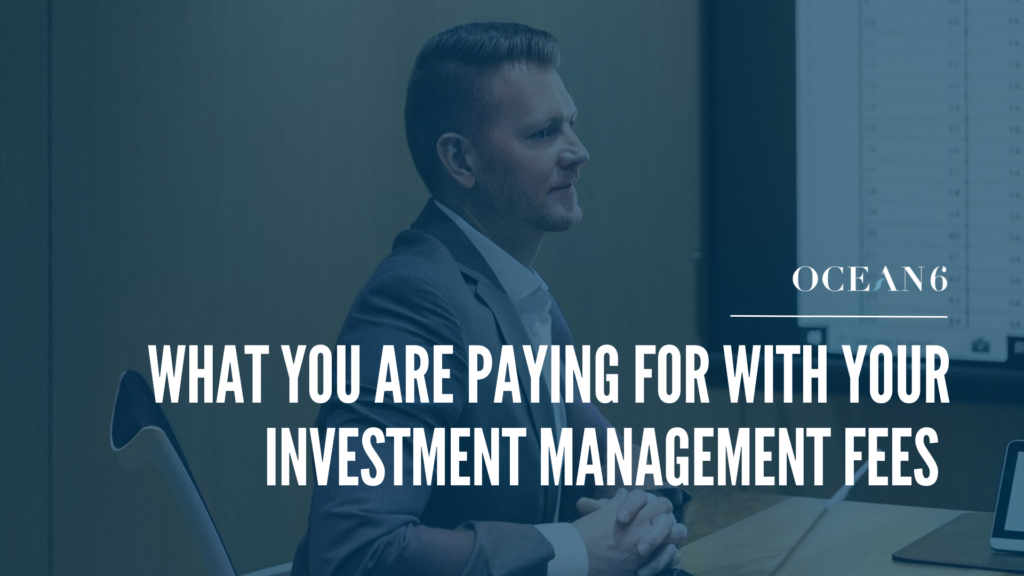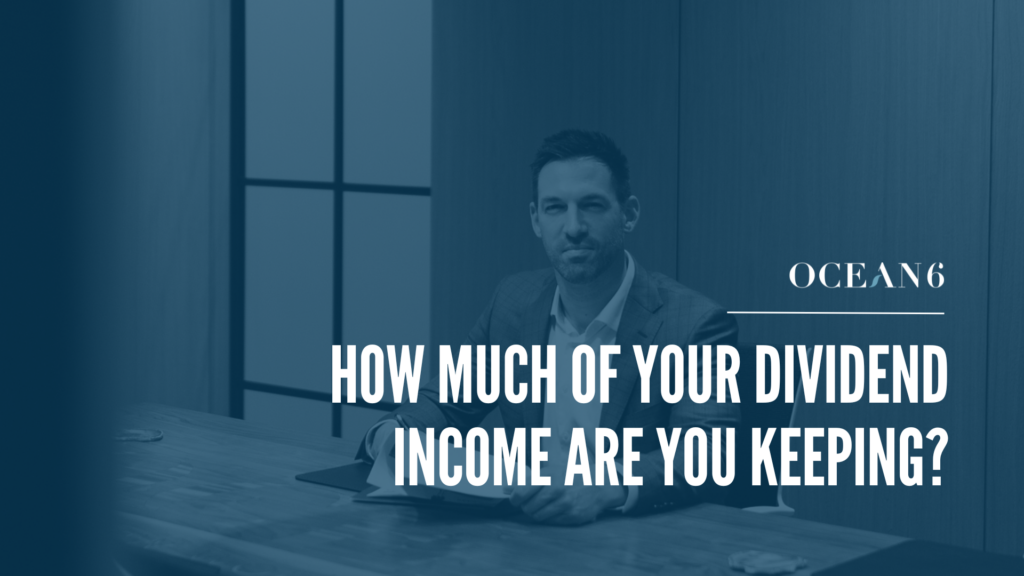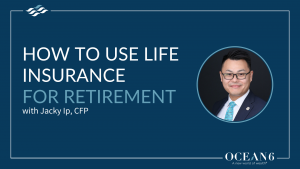One of the most common questions we get from our clients who are incorporated professionals and have corporate investment accounts is when to invest their corporate earnings and when to pay off personal debt.
For every dollar that you earn that is not allocated to your essential expenses, you have the choice on how to allocate that money. You can pay off your debt or invest it. Which option will you choose to ensure you get the most of every dollar you earn? In this article, we’ll compare both options to help you decide which is best based on your financial goals.
Paying Off Your Debts vs. Investing
Paying off debt and investing are both admirable pursuits, and necessary aspects of financial responsibility. As an incorporated professional, your goal should be both to invest and to pay off debt, but sometimes it makes sense to do one more than the other.
When you’re considering whether to pay off debt or to invest, you first need to be clear on your goals. Paying off debt means reduced stress, lower risk, and greater ability to handle uncertainties in life. On the other hand, investing means building wealth that will protect you and your loved ones. It provides passive income and gives room for a comfortable retirement. Being clear on your goals and the inherent risks of each option helps to put things into perspective while considering both paths.
One exercise that can be helpful is to compare the rate of after-tax interest that you’re paying on your debt with the after-tax rate of return you expect to earn on your investments.
For example, if you’re considering paying off a mortgage on your principal residence with an interest rate of 2.5% versus investing in your corporate account. It almost never makes sense to take money out of your corporate account and pay an extra layer of personal tax to pay off your mortgage. It is almost always more beneficial if you keep money inside your corporate account and invest tax efficiently.
As a general rule, if you can earn a higher after-tax rate of return on your investments than the after-tax interest in your debt, you should invest. On the other hand, if you are carrying high-interest debt such as credit cards, it might make more sense to pay off your balance, or better yet, restructure your debt to utilize a line of credit.
The Key Variables That Matter Most
Your relationship with debt and investing are key variables that matter most. That is why behavioral economics should be considered when making a decision.
If debt stresses you out or you have a significant outstanding balance, put your effort into eliminating your debts. But if you only have reasonable amounts of low-interest-rate debt, it might make more sense to let that debt linger while you build up your investments.
If you want to learn how to decide if you should invest or pay off debt, book a call and we’d be love to run you through our full financial Blueprint process.












